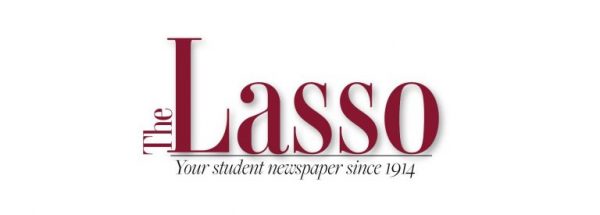Picture this: in front of you are two TWU students. Student One and Student Two have the same grade point average, are taking similar coursework, and have been invited to join all of the same honor societies. Both Student One and Student Two are stellar students who have met the induction requirements to a tee.
Student One joins every honor society she is eligible for. Her memberships boost her resume and give her a foundation for professional networking. She gains leadership opportunities and contacts who offer to write her recommendation letters. At her commencement ceremony, the countless cords and stoles hanging from her robe signal to everyone that, hey, this is one hardworking student.
Student Two has a scarce resume. Despite being eligible for all of the same societies and accreditations as Student One, Student Two had to pick and choose when joining societies – if she joined any at all. At her commencement ceremony, her undecorated robe makes her feel insignificant and undistinguishable in the crowd of graduates. Why? Simply because Student Two could not afford honor society membership fees.
According to Investopedia, the average cost of joining a collegiate honor society ranges from $20 to $125. While some students, like Student One, can afford this easily, many students cannot.
It is often claimed that students should look past the cost of honor societies because they are an investment. While this is certainly true, where does that leave students who cannot afford to invest in anything more than rent, groceries and (hopefully) textbooks?
Another common argument for the high cost of honor societies is the substantial price difference between local and national chapters. While many societies do have the option to join only at the less-expensive local chapter, the requirements for joining at this level are often far below those of the national level. By joining locally, students who are eligible for national recognition are still not being given full credit for their accomplishments – based on nothing but what they have in the bank.
What does this communicate to our students? Sometimes, it can seem like societies only want to include those of us who can cough up a few bucks. Though unintentional, this current system bars many lower income students from membership, making way for economic elitism in societies that were intended to be based solely on academic achievement. Honor societies also know that students who can afford the fees will continue to pay them due to the credential value of membership. To me, this sounds a bit more like exploitation than accreditation.
Obviously, membership fees are necessary to some extent in order to fund opportunities for students and keep these societies running. However, many membership fees are questionably high, and many societies have no alternative for students who simply cannot afford the up-front fees. This effectively discounts the hard work of many students, both here at TWU and across higher education.
How do you think honor societies should work to make themselves more accessible to students? Share your ideas and suggestions by submitting to The Lasso.





Be First to Comment